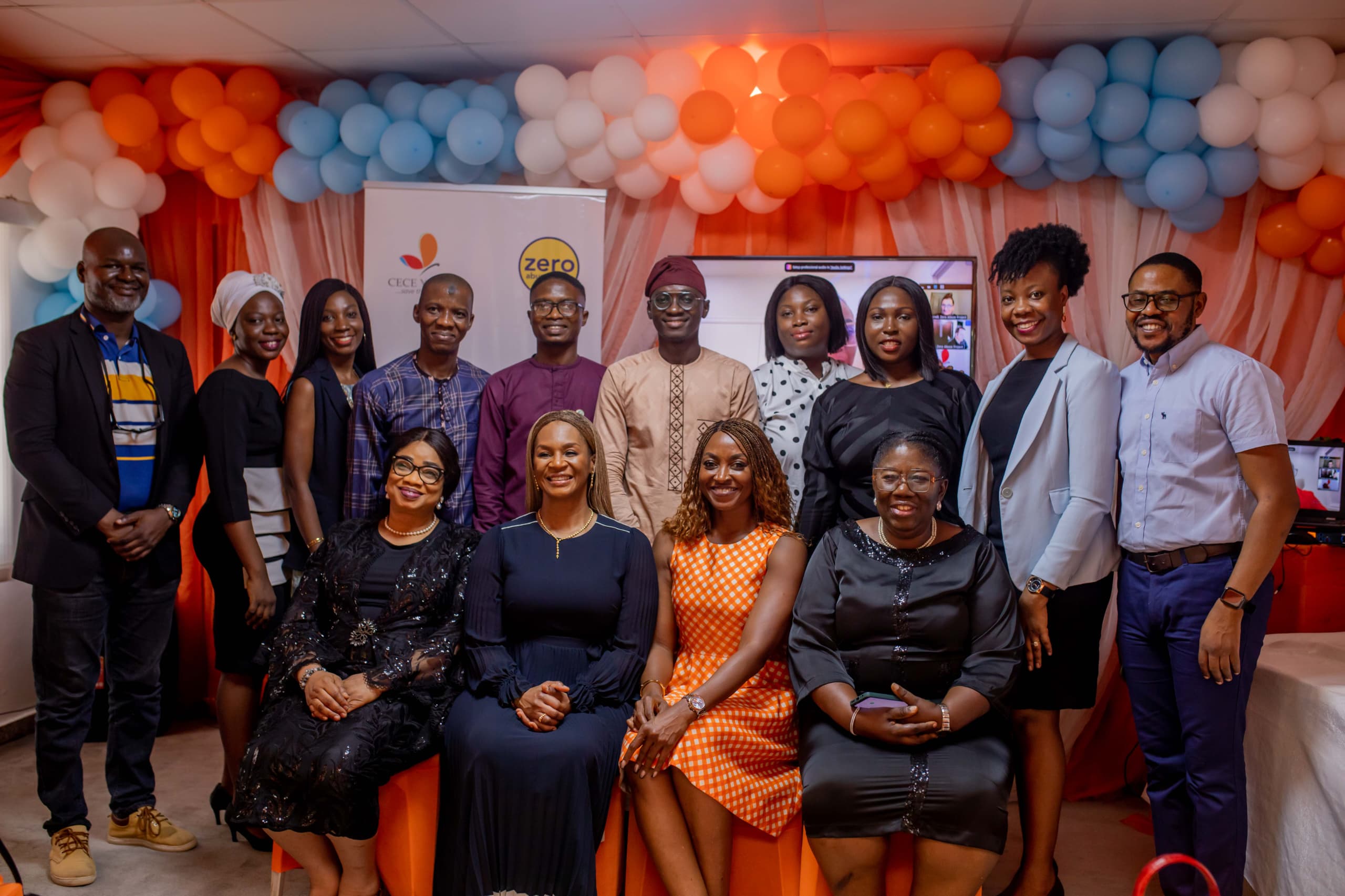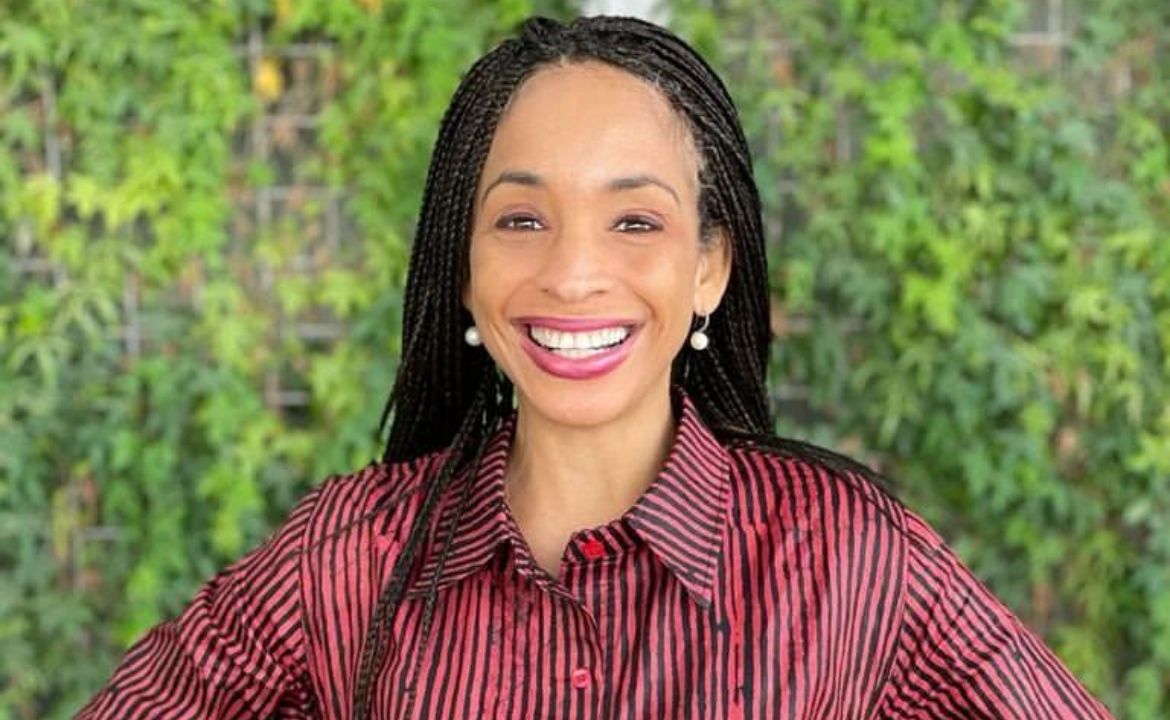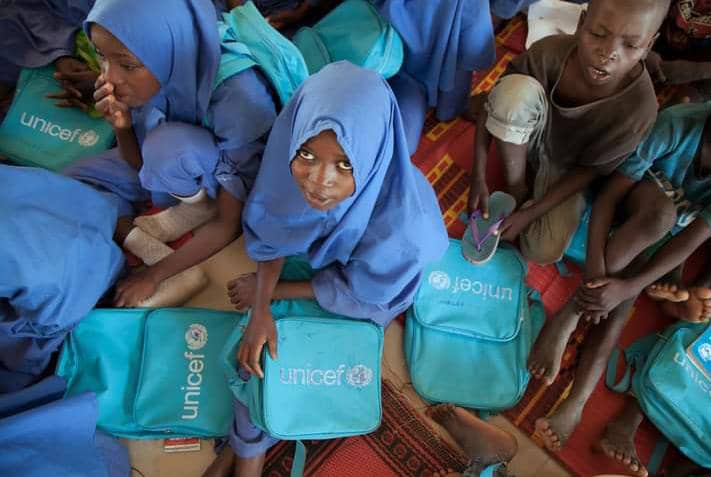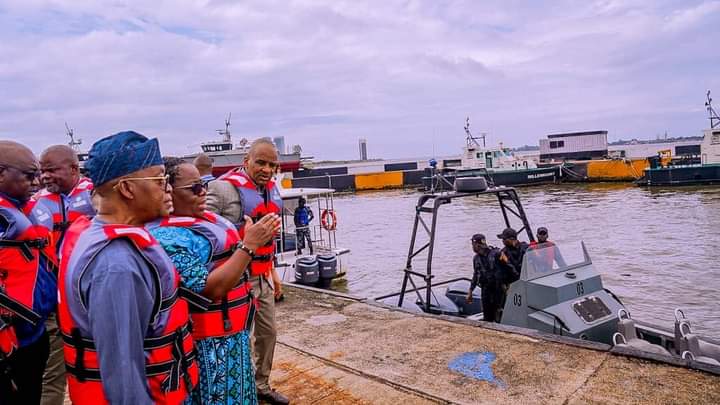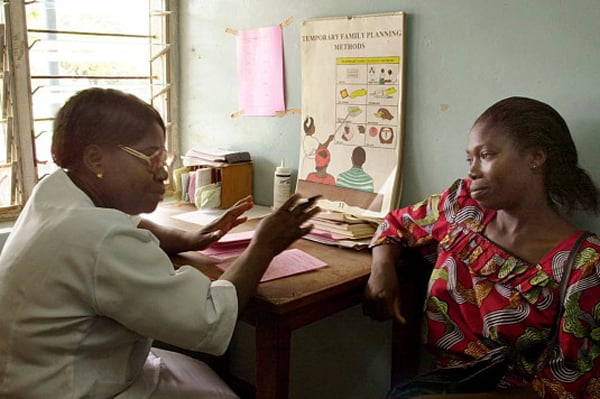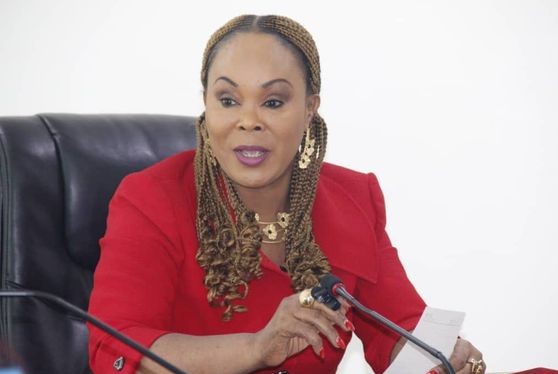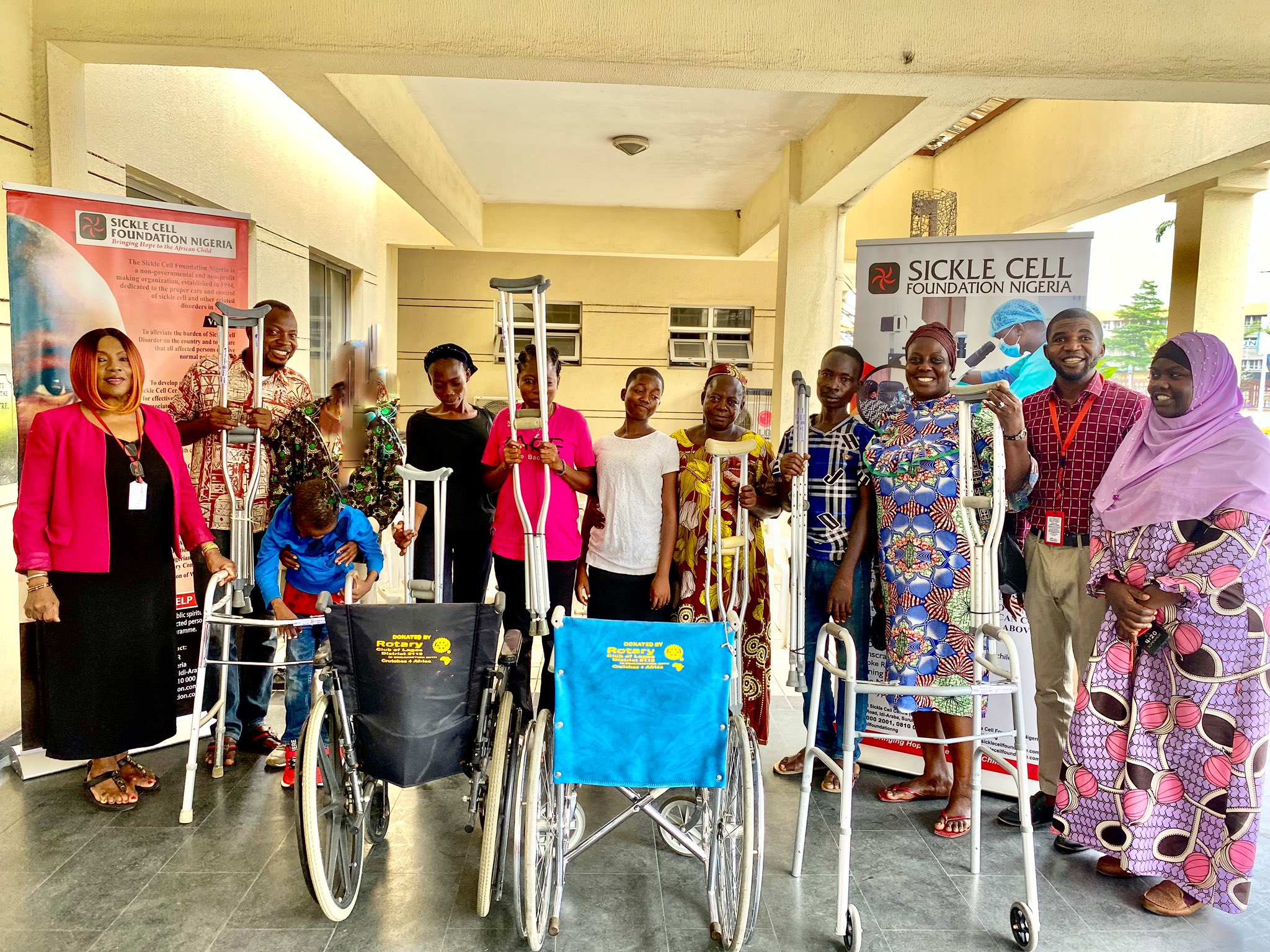The Cece Yara Child Advocacy Centre has trained stakeholders in the criminal justice system in Lagos on how to use forensic techniques to interview children who survived sexual abuse.
The five-day training, which took place in Lagos, exposed stakeholders in the criminal justice system to the specialised skills necessary for conducting sensitive interviews with child victims or witnesses.
The training was organised by the centre in collaboration with the Zero Abuse Project.
On Friday, the graduation ceremony of 30 participants took place at the centre office in Lagos.
Advertisement
The participants of the training include judges, prosecutors, officials of the Lagos ministry of justice and other stakeholders.
Speaking on the essence of the training, Detutu Ajibodu, chief executive officer of the centre, said forensic interview is a vital tool in promoting justice and safeguarding the rights of vulnerable children.
Ajibodu said the centre is committed to addressing the challenges involved in the prosecution and investigation of child abuse.
Advertisement
She said the adoption of forensic interviews would be able to gather crucial information from child victims or witnesses while “minimising the risk of contamination and re-victimisation”.
“The child forensic interview training is not just a programme; it is a transformative force that equips professionals with specialised skills crucial for the delicate task of conducting sensitive and effective forensic interviews with children,” she said.
“As the first academy on the continent, we take pride in setting a precedent that will echo across borders, inspiring others to join the mission of creating safer spaces for children in Africa.”
On her part, Bola Tinubu, founder of the centre, said interviewing children requires a special skill, which is needed by stakeholders to improve children’s experience in navigating the justice sector.
Advertisement
The founder said the centre adopts forensic interview method to avoid “interviewer distortion of the information elicited from the child during the traditional interview process”.
“Interviewing children requiring a special skill in itself has been the subject of child protection and stakeholder considerations to improve children’s experience of navigating the justice sector,” she said.
“Also, there is usually an opportunity for interviewer distortion of the information elicited from the child during the traditional interview process, which inevitably brings irreversible contamination of the evidence gathered.
“When contamination of evidence occurs, the law enforcement agents cannot produce a reliable alternative record of the myriad of interactions that occur during the traditional interview process.
Advertisement
“By equipping government officials with the tools and techniques of forensic interviewing, we are fostering inter-agency collaboration and paving the way for more effective responses to child abuse.”
Advertisement
